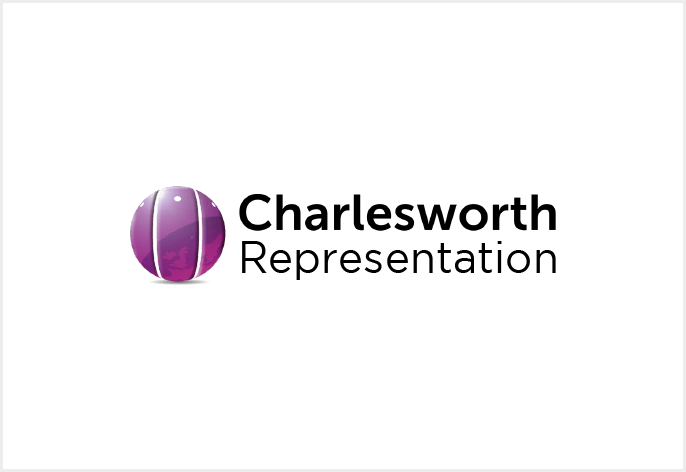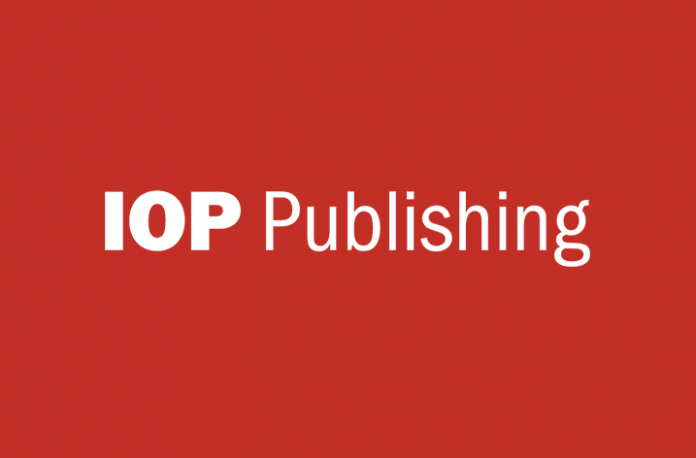Leading single sign-on provider OpenAthens announced De Gruyter as the winner of the third annual Best Publisher User Experience (UX) Award 2022. The award puts the spotlight on publishers which strive to put users at the heart of their service design.
The identity and access management specialist revealed the winner at its 2022 Access Lab event on Tuesday 22 March.
A panel of esteemed judges selected De Gruyter as this year’s winner for showcasing impressive results from its collaboration with technology partner 67 Bricks. They demonstrated a user-centric approach and went to great lengths to improve their user journey and overall experience.
Founded in 1749, the scholarly publishing house aims to support scholars in their endeavour to give their best and to create new opportunities to promote knowledge.
To reach this goal, De Gruyter is undergoing a complete digital transformation that has already changed the trajectory of the 270-year-old business.
In February 2021 they launched their new website degruyter.com, a digital research platform built in cooperation with 67 Bricks. Based on modern cloud technology, it provides fast, stable and secure access to over 110,000 scholarly books and 800,000 journal articles.
To win the coveted accolade the two finalists De Gruyter and Cambridge University Press presented the judges with tangible evidence of learner and researcher engagement with their product and strategic approach to user experience across the organization.
Both organizations showed great knowledge and care for their UX and end-users.
Ultimately, judges decided to award De Gruyter with the Best Publisher UX Award for their user-centric approach and philosophy which delivers exceptional user experience and enables users to access knowledge easily.
Commenting on the achievement, Scott Williams, Vice President Platform and Technology at De Gruyter said: “De Gruyter has worked tirelessly to completely rebuild degruyter.com to better support end-users. It is a great accomplishment and honor to receive recognition for the team’s hard work in building a platform that simplifies things for researchers, authors, librarians and readers. We want to thank OpenAthens for the opportunity to showcase our work.”
The Berlin-based firm understood the need for change and invested heavily in creating a new digital infrastructure. Together with Oxford-based technology partner 67 Bricks, they ensured the delivery of a digital transformation strategy, including the optimization of software systems, workflows and digital products.
David Leeming, Delivery Director at 67 Bricks, said: “Digital transformation is as much about people as it is technology, and many firms fail when they don’t acknowledge the cultural – and wider business – aspects. Between us we have the skills to ensure De Gruyter successfully continues its digital evolution, and we are here for them every step of the way.”
Commenting on the awards, OpenAthens’ international marketing manager Jane Charlton said: “From everyone at OpenAthens we’d like to congratulate the team at De Gruyter for winning this award, it is well deserved.
“The De Gruyter team demonstrated embedded user-experience throughout its strategy. It was not an easy decision as Cambridge University Press was also a strong entry and provided evidence of end-user experience.
“Our award celebrates innovation in the information industry and those that push the boundaries of user experience, going above and beyond for those requiring knowledge access. We are committed to supporting and driving forward innovations, raising awareness and the importance of simplifying access to digital resources. We hope to continue our Best Publisher UX Award for many years to come.”
Hear what Matt Balera, senior manager UX design at De Gruyter had to say about their UX work at our finalists webinar.































